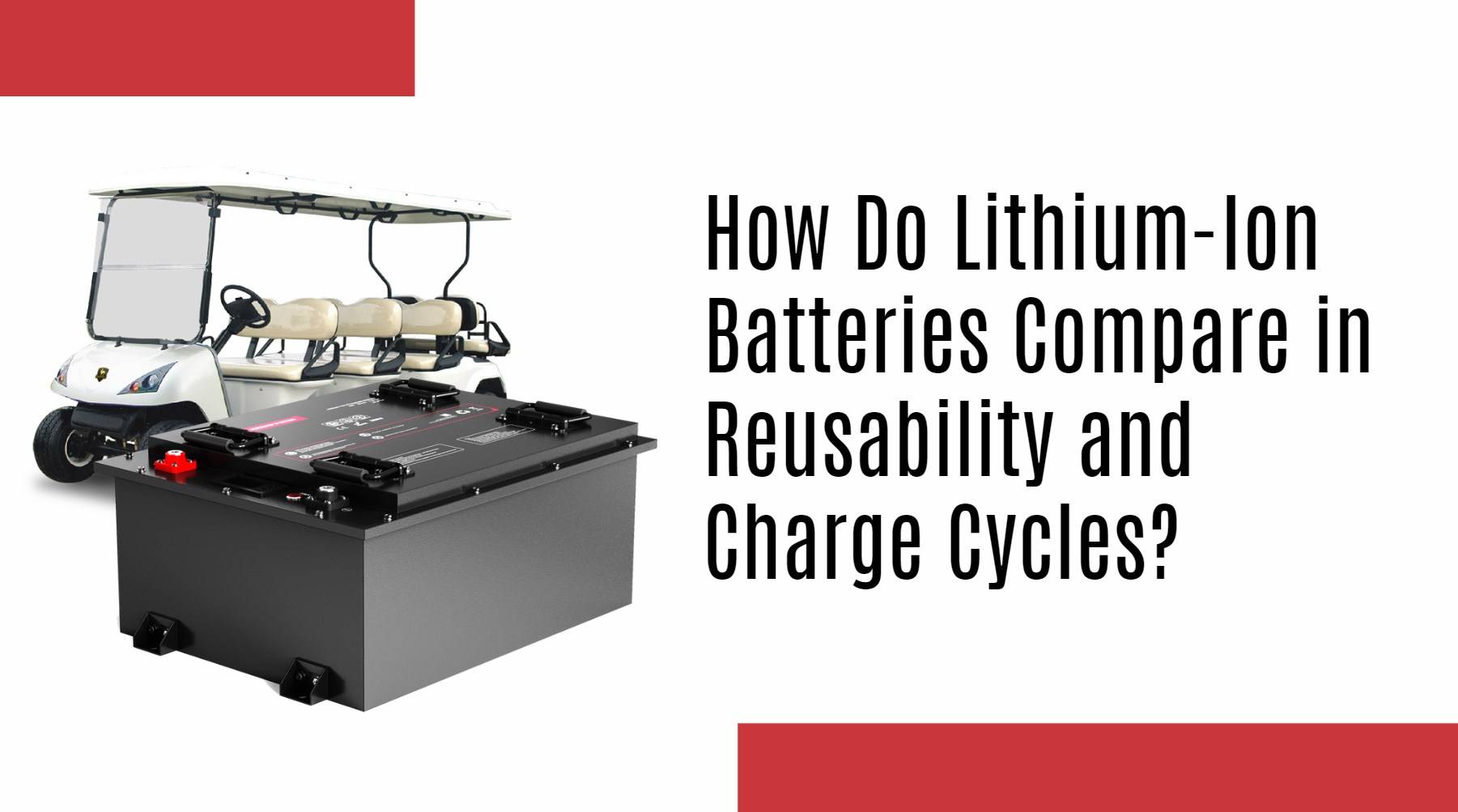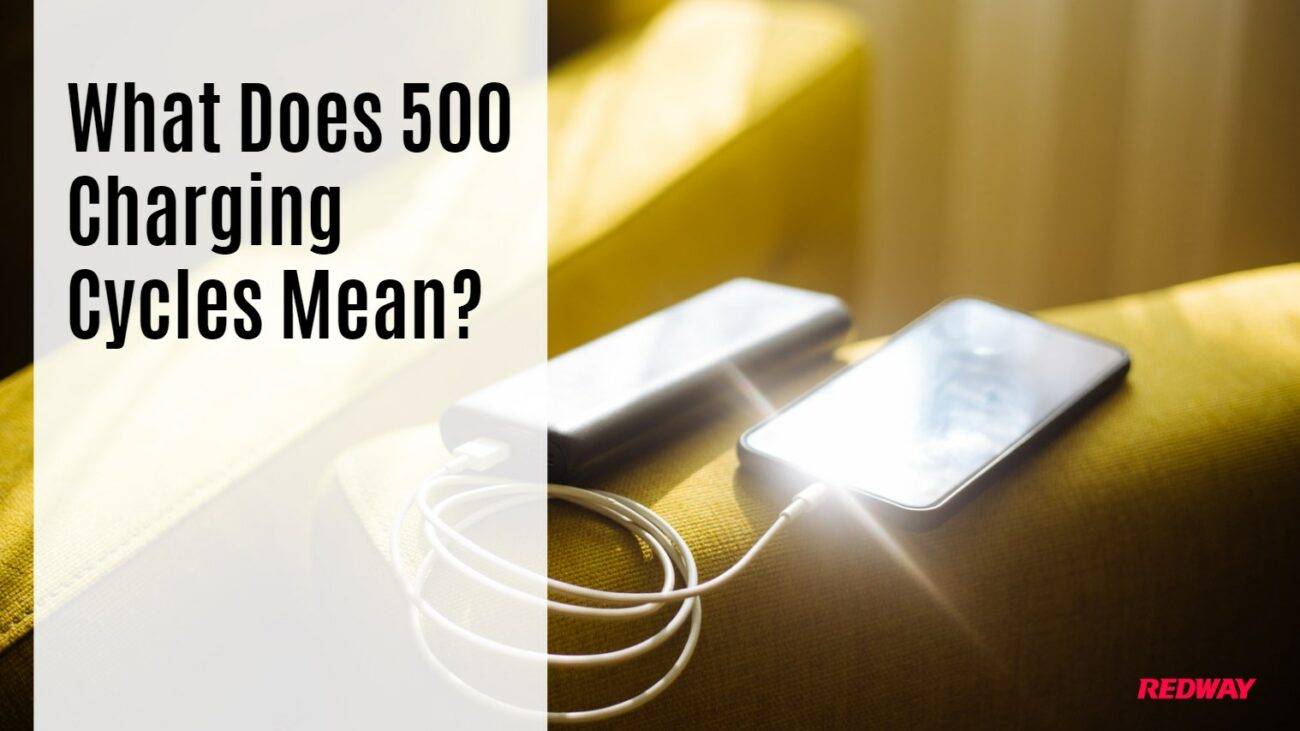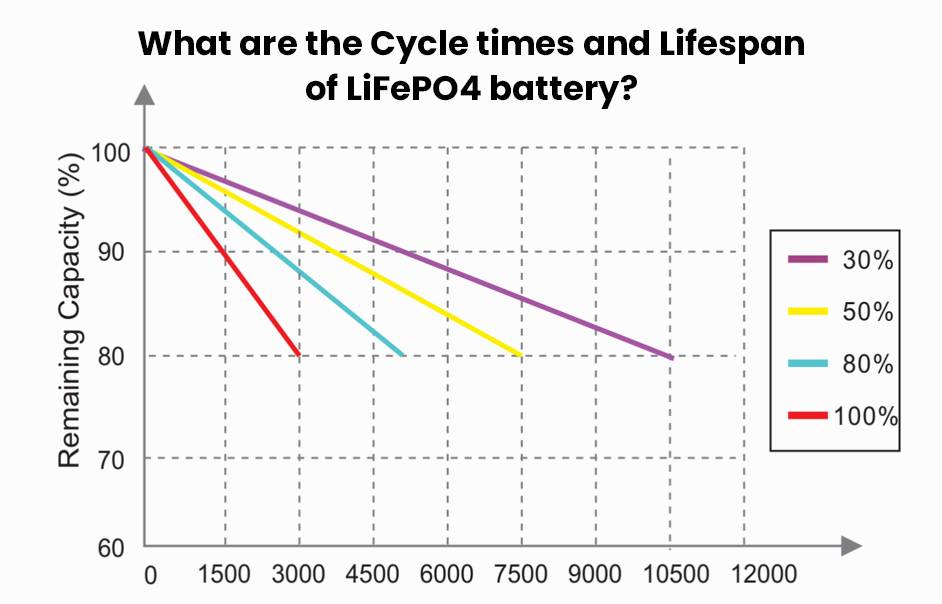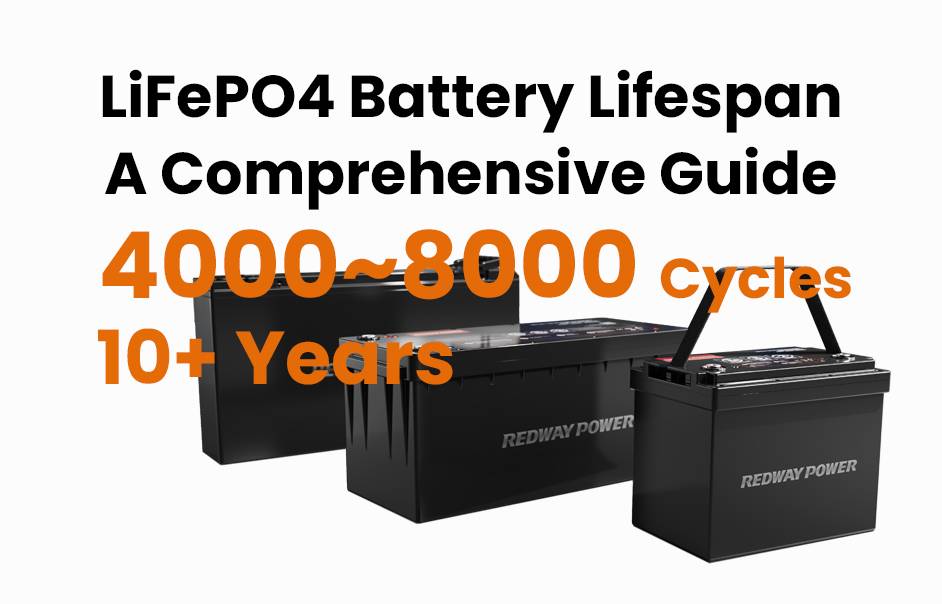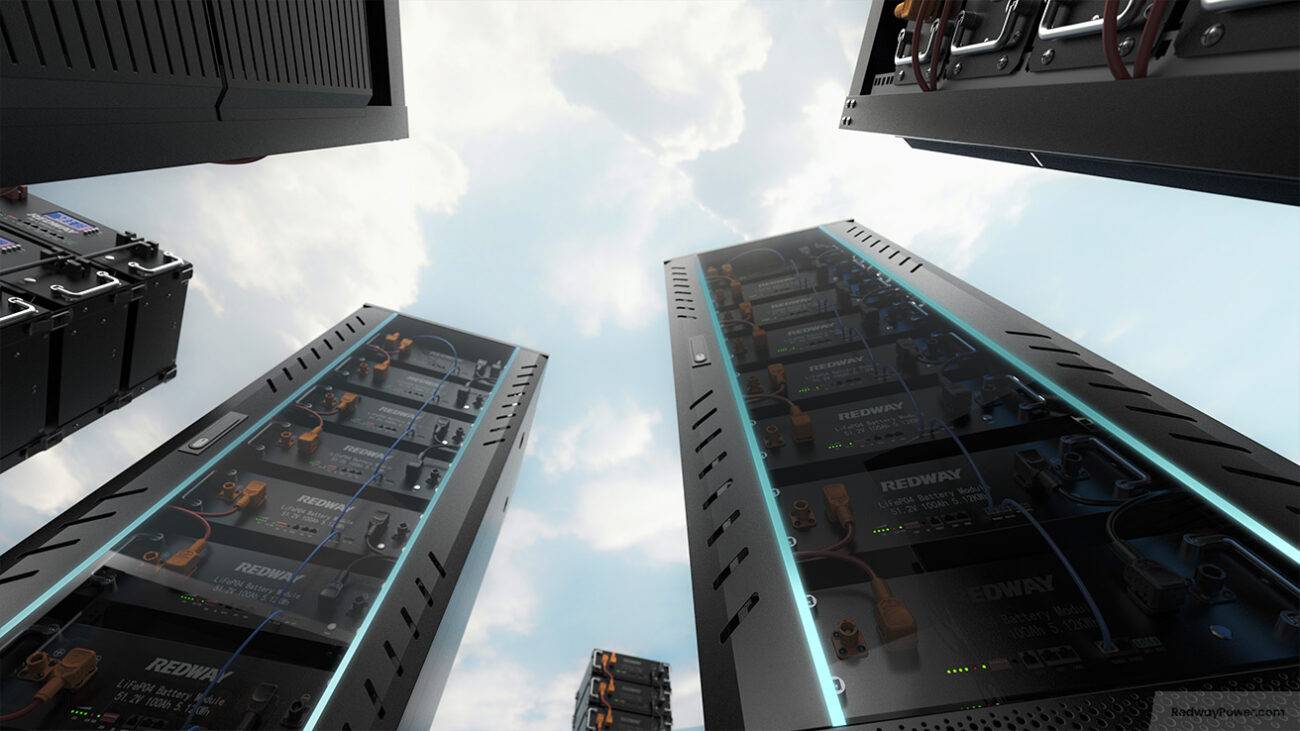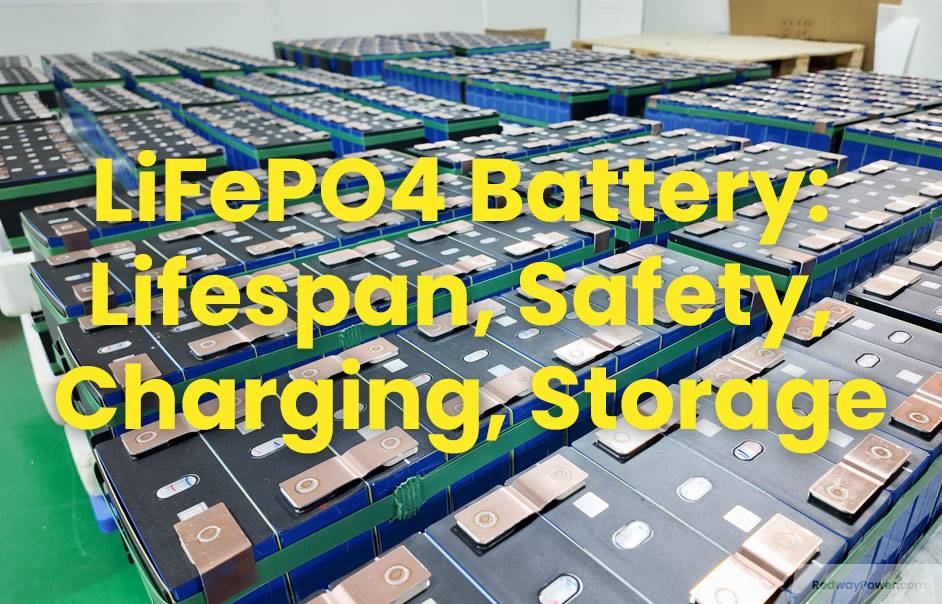- Lithium Golf Cart Battery
- Forklift Lithium Battery
-
48V
- 48V 210Ah
- 48V 300Ah
- 48V 420Ah (949 x 349 x 569 mm)
- 48V 420Ah (950 x 421 x 450 mm)
- 48V 456Ah
- 48V 460Ah (830 x 630 x 590 mm)
- 48V 460Ah (950 x 421 x 450 mm)
- 48V 460Ah (800 x 630 x 600 mm)
- 48V 460Ah (820 x 660 x 470 mm)
- 48V 500Ah
- 48V 560Ah (810 x 630 x 600 mm)
- 48V 560Ah (950 x 592 x 450 mm)
- 48V 600Ah
- 48V 630Ah
-
48V
- 12V Lithium Battery
12V 150Ah Lithium RV Battery
Bluetooth App | BCI Group 31
LiFePO4 Lithium
Discharge Temperature -20°C ~ 65°C
Fast Charger 14.6V 50A
Solar MPPT Charging - 24V Lithium Battery
- 36V Lithium Battery
- 48V Lithium Battery
-
48V LiFePO4 Battery
- 48V 50Ah
- 48V 50Ah (for Golf Carts)
- 48V 60Ah (8D)
- 48V 100Ah (8D)
- 48V 100Ah
- 48V 100Ah (Discharge 100A for Golf Carts)
- 48V 100Ah (Discharge 150A for Golf Carts)
- 48V 100Ah (Discharge 200A for Golf Carts)
- 48V 150Ah (for Golf Carts)
- 48V 160Ah (Discharge 100A for Golf Carts)
- 48V 160Ah (Discharge 160A for Golf Carts)
-
48V LiFePO4 Battery
- 60V Lithium Battery
-
60V LiFePO4 Battery
- 60V 20Ah
- 60V 30Ah
- 60V 50Ah
- 60V 50Ah (Small Size / Side Terminal)
- 60V 100Ah (for Electric Motocycle, Electric Scooter, LSV, AGV)
- 60V 100Ah (for Forklift, AGV, Electric Scooter, Sweeper)
- 60V 150Ah (E-Motocycle / E-Scooter / E-Tricycle / Tour LSV)
- 60V 200Ah (for Forklift, AGV, Electric Scooter, Sweeper)
-
60V LiFePO4 Battery
- 72V~96V Lithium Battery
- Rack-mounted Lithium Battery
- E-Bike Battery
- All-in-One Home-ESS
- Wall-mount Battery ESS
-
Home-ESS Lithium Battery PowerWall
- 24V 100Ah 2.4kWh PW24100-S PowerWall
- 48V 50Ah 2.4kWh PW4850-S PowerWall
- 48V 50Ah 2.56kWh PW5150-S PowerWall
- 48V 100Ah 5.12kWh PW51100-F PowerWall (IP65)
- 48V 100Ah 5.12kWh PW51100-S PowerWall
- 48V 100Ah 5.12kWh PW51100-H PowerWall
- 48V 200Ah 10kWh PW51200-H PowerWall
- 48V 300Ah 15kWh PW51300-H PowerWall
PowerWall 51.2V 100Ah LiFePO4 Lithium Battery
Highly popular in Asia and Eastern Europe.
CE Certification | Home-ESS -
Home-ESS Lithium Battery PowerWall
- Portable Power Stations
How to Choose the Battery Brand with the Longest Lifespan

When selecting batteries, understanding which brand offers the longest lifespan is crucial for ensuring reliability and cost-effectiveness. Brands like Energizer and Duracell are often recognized for their longevity, with lithium batteries typically outperforming alkaline options. This guide explores various battery brands, their lifespans, and factors influencing battery performance.
What Are the Most Popular Battery Brands?
Some of the most popular battery brands known for their longevity include:
| Brand | Description |
|---|---|
| Energizer | Known for its Ultimate Lithium line, offering long-lasting performance in high-drain devices. |
| Duracell | Offers reliable alkaline batteries with a strong reputation for longevity in everyday use. |
| Rayovac | Provides cost-effective options that perform well, especially in low-drain applications. |
These brands are commonly chosen for various electronic devices due to their reliability.
How Do Battery Types Affect Lifespan?
Different types of batteries have varying lifespans:
| Battery Type | Average Lifespan | Characteristics |
|---|---|---|
| Alkaline | 3 to 5 years | Widely used in household devices; affordable but may not last as long under heavy use. |
| Lithium | 5 to 10 years | Superior performance in extreme conditions; ideal for high-drain devices. |
| Nickel-Cadmium (NiCad) | 2 to 3 years | Can tolerate deep discharges but has memory effect issues; less common now. |
Understanding these differences helps consumers make informed choices based on their needs.
What Factors Influence Battery Longevity?
Several factors can significantly impact how long a battery lasts:
| Factor | Description |
|---|---|
| Usage Patterns | Frequent use can lead to quicker wear and tear; intermittent use may prolong lifespan. |
| Temperature | Extreme heat or cold can degrade battery performance and lifespan. |
| Storage Conditions | Storing batteries in a cool, dry place can enhance longevity; humidity can cause corrosion. |
Being aware of these factors allows users to optimize battery life.
How Does Shelf Life Impact Battery Performance?
Shelf life refers to how long a battery can be stored before use without losing its charge:
- Alkaline Batteries: Generally have a shelf life of 5 to 10 years.
- Lithium Batteries: Can last up to 10 years or more, making them ideal for emergency supplies.
- NiCad Batteries: Typically have a shorter shelf life of about 2 to 3 years.
Understanding shelf life helps consumers choose batteries that will be reliable when needed.
What Are the Lifespan Comparisons Among Leading Brands?
Comparing lifespans among popular battery brands reveals significant differences:
| Brand | Type | Average Lifespan |
|---|---|---|
| Energizer | Lithium | Up to 10 years |
| Duracell | Alkaline | 5 to 7 years |
| Rayovac | Alkaline | 4 to 6 years |
These comparisons highlight the importance of brand selection based on intended use.
Why Is It Important to Choose High-Quality Batteries?
Choosing high-quality batteries is essential because:
- Reliability: Higher-quality batteries tend to perform better and last longer.
- Cost Efficiency: Investing in quality batteries can save money over time by reducing the frequency of replacements.
- Safety: Quality batteries are less likely to leak or cause damage to devices.
Prioritizing quality ensures better performance and peace of mind.
How Can You Extend the Lifespan of Your Batteries?
To maximize battery lifespan, consider these tips:
- Store Properly: Keep batteries in a cool, dry place away from direct sunlight.
- Avoid Overcharging: For rechargeable batteries, avoid leaving them on chargers for extended periods.
- Use Devices Regularly: Regular use can help maintain battery health.
- Check Expiration Dates: Always use batteries before their expiration dates for optimal performance.
Implementing these practices can significantly enhance battery longevity.
Industrial News: Innovations in Battery Technology
The battery industry is rapidly evolving with innovations aimed at improving efficiency and lifespan across various types of batteries. Recent advancements include enhanced lithium-ion technology that offers longer service lives and faster charging capabilities, alongside developments in sustainable materials that reduce environmental impact while maintaining high performance standards. These trends reflect growing consumer demand for reliable and eco-friendly energy solutions.
Redway Power Expert Views on Battery Selection
“Choosing the right battery brand and type is crucial for ensuring reliability and longevity,” states an expert from Redway Power. “By understanding how different factors affect battery performance and making informed choices, consumers can significantly enhance their experience with electronic devices.”
Frequently Asked Questions About Battery Lifespan
Q1: Which battery brand lasts the longest?
A1: Lithium batteries from brands like Energizer often have the longest lifespan, lasting up to 10 years.
Q2: How can I tell when my batteries are expired?
A2: Check expiration dates on packaging; also look for signs of leakage or swelling.
Q3: Can I extend the life of my alkaline batteries?
A3: Yes, store them in a cool, dry place and avoid extreme temperatures.













